Life-saving Donations
Wolverines for Life
Wolverines for Life is a collaborative effort between the University of Michigan community, the American Red Cross, Be the Match, Gift of Life Michigan, Eversight, and Team Michigan. We are students, athletes, alumni, staff, faculty and campus and hospital leadership and we are allied with a common purpose: dedication to saving lives through donations.

Our Goals
- Implement a University-wide zero tolerance policy for:
- Organ wait list deaths
- Deaths due to lack of blood products
- Deaths due to lack of bone marrow matches
- Educate each member of the U-M community about the need for donors
Become a Wolverine for Life today by learning more about how you can become a life-saving donor.
Donate blood or register to become an organ or bone marrow donor to help save lives.
Wolverines for Life
Open to the public. Appointments highly recommended.
Open to the public. Appointments highly recommended.
Open to the public. Appointments highly recommended.
Open to the public. Appointments highly recommended.
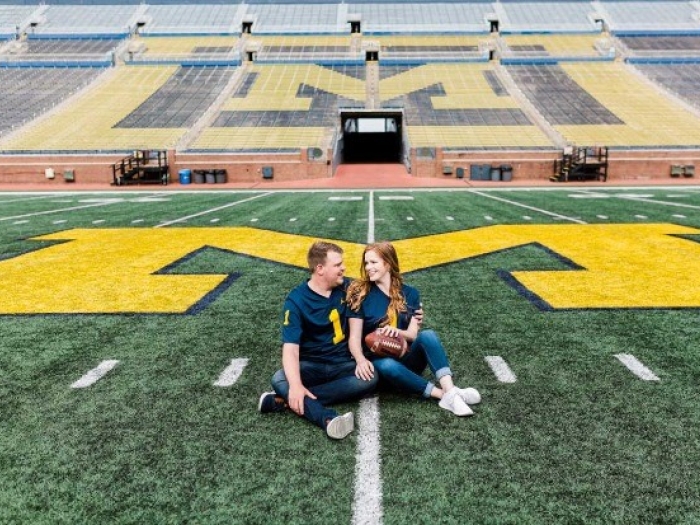
Collections
If my Michigan journey didn't start immediately at birth in 1993, then it started at 6 months old when I was diagnosed with hepatoblastoma and was starting chemotherapy treatment at Mott Children's Hospital. Eight months later, I received the gift of life in the form of a new liver.
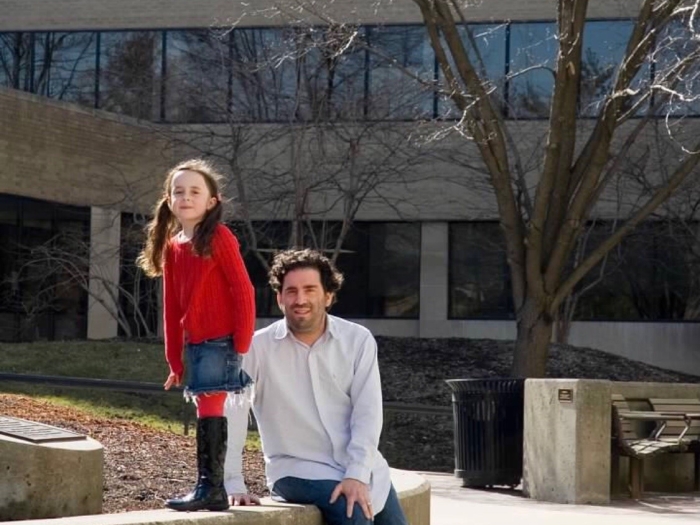
Collections
In many ways, the courses of our lives are determined by strangers: people on admissions committees, policymakers, public figures, and, more recently, influencers. Yet, at the same time, the world is quite small.
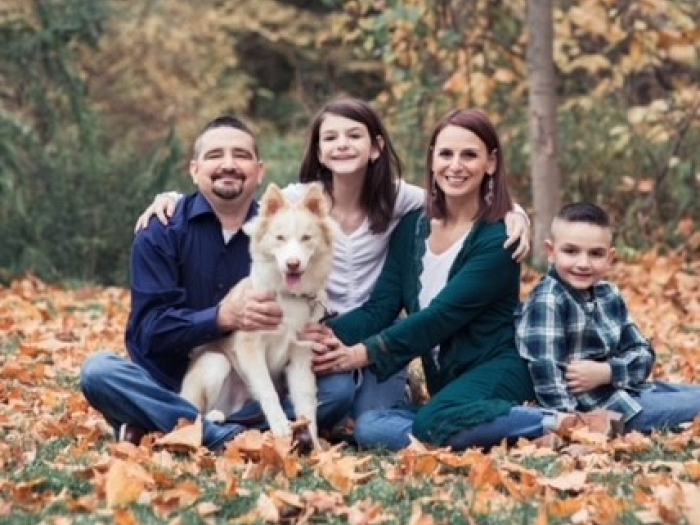
Collections
In 1984, at the age of 3 1/2, Danny was diagnosed with Acute Lymphocytic Leukemia, was treated with chemotherapy and went into remission. The chemo caused a cardiomyopathy which was discovered at age 14. At that point, Danny was put on medications and his heart was stable until major back surgery.
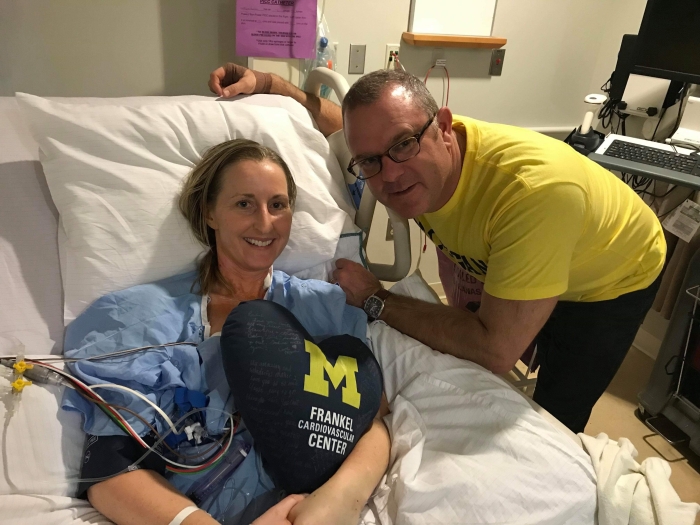
Collections
With very little warning, Rachel went from being a healthy and active woman to needing a heart transplant. Michigan Medicine helped Rachel through her transplant and regaining her strength.
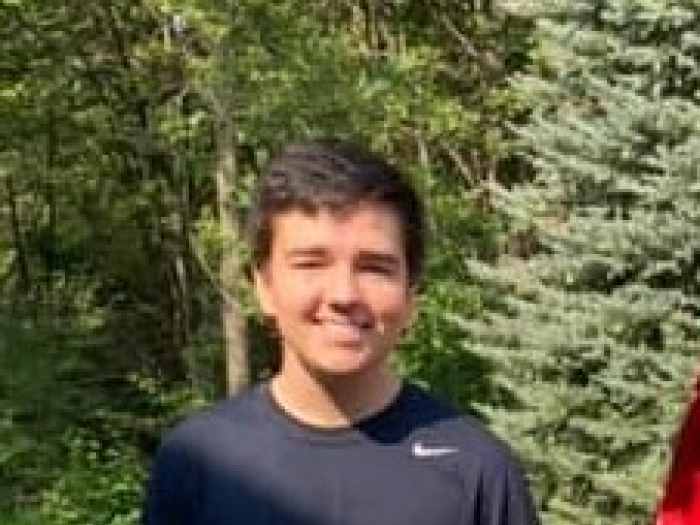
Collections
When Connor Burke was diagnosed with Acute Lymphoblastic Leukemia, his treatment caused his red blood cell count to go down and he needed blood transfusions. Blood donations saved his life.
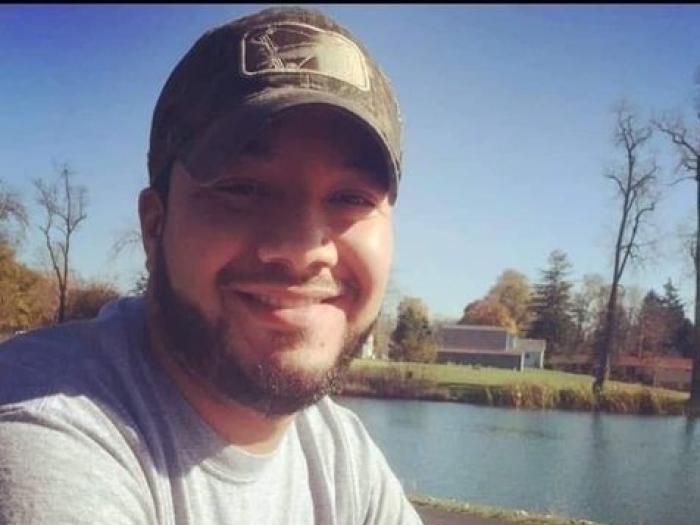
Collections
Travis passed away on April 2, 2016 due to a car accident during a storm. During his life, he saved lives through countless blood donations. After his death, he saved dozens of lives through tissue and organ donations.
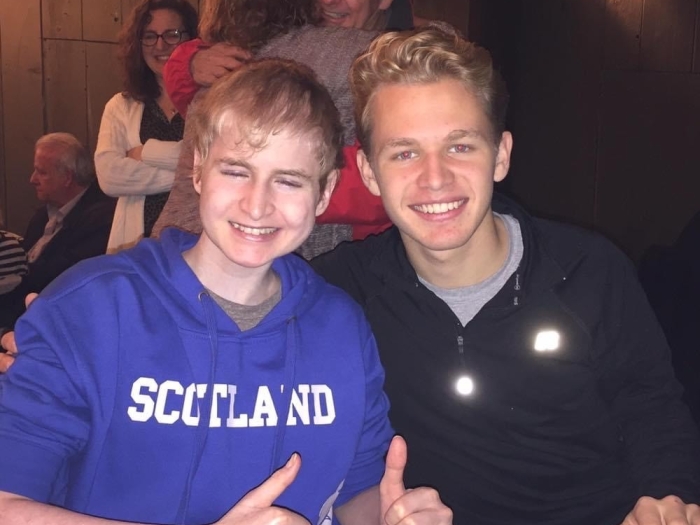
Collections
Alex's brother and sister were born with a genetic mutation that predisposes them to all forms of cancer. So, he stepped up to help donate many times over the years.
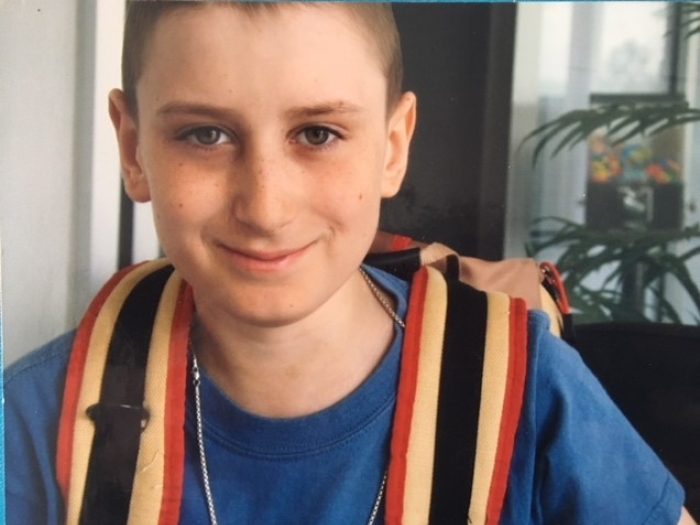
Collections
Jennifer Killewald's son Mac was given more time to enjoy his life and be with his loved ones thanks to blood platelet donations.
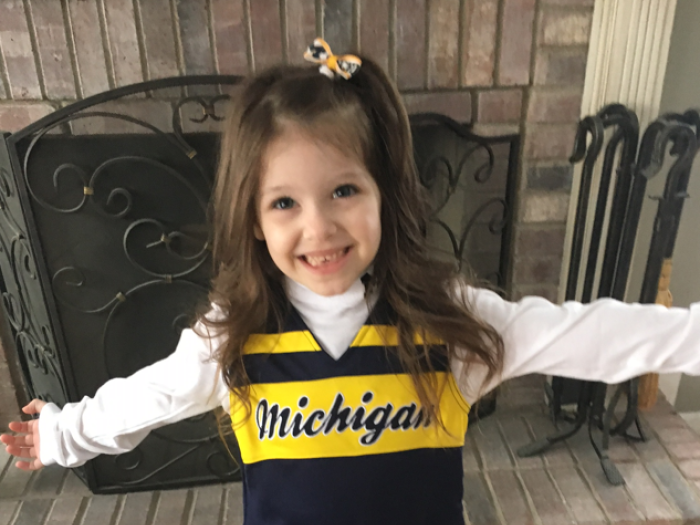
Collections
Blaire was diagnosed with restrictive cardiomyopathy and severe heart failure at age two, and she was discharged home with a PICC line. For about a month after that, the family waited for a call about a transplant.